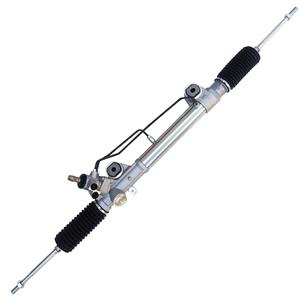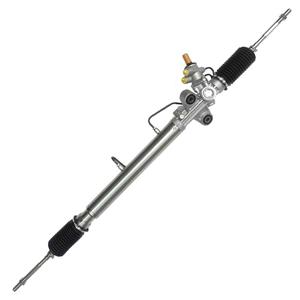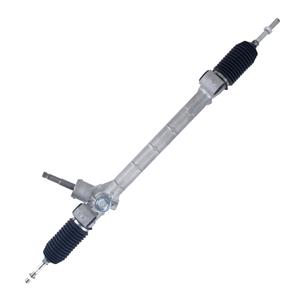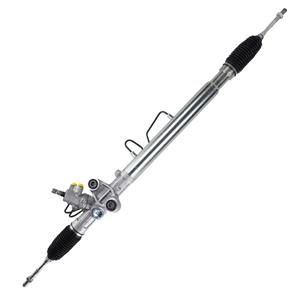What are the advantages and disadvantages of hydraulic power steering?
Steering systems play a vital role in modern automotive engineering, and hydraulic power steering is one of the most widely used systems. This system provides drivers with a light and comfortable steering experience, but it also has some potential disadvantages.
So, what are the advantages and disadvantages of hydraulic power steering? After weighing these factors, is hydraulic steering worth it? This article will answer them one by one.
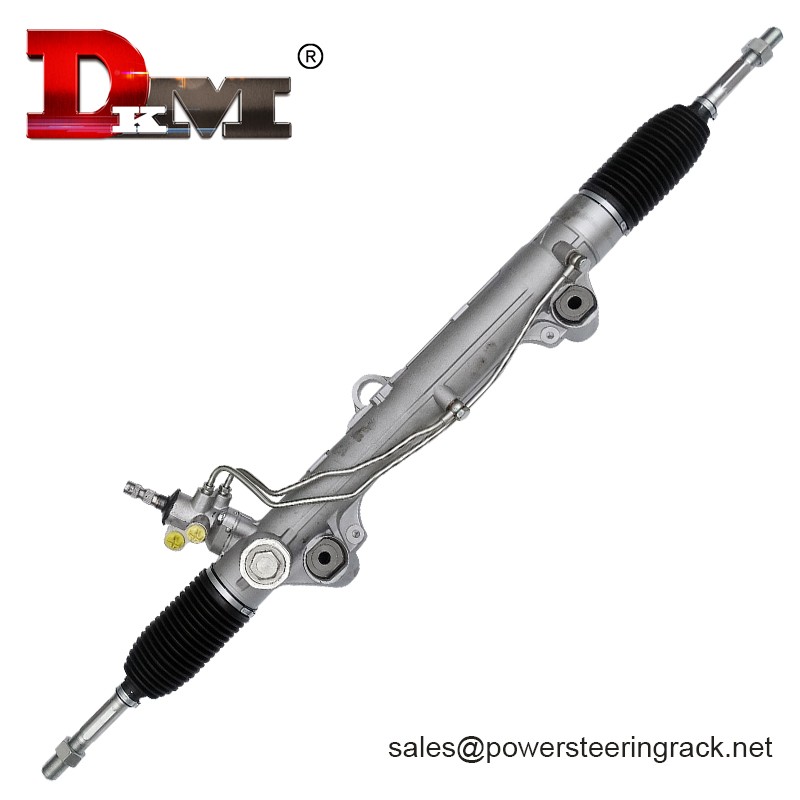
What is a hydraulic power steering system?
Hydraulic power steering system assists steering operation through hydraulic oil generated by a hydraulic pump. The core components of this system include hydraulic pump, steering rack, pressure line and hydraulic oil. The hydraulic pump is driven by the engine. When the driver turns the steering wheel, the hydraulic pump delivers hydraulic oil to the steering rack through a pipeline to generate power, thereby reducing the force required by the driver to steer.
What are the advantages of hydraulic power steering system?
Provides stable and powerful steering assistance
Hydraulic power steering system can provide strong and stable steering assistance, especially at low speeds. For example, when driving or parking in the city, drivers often need to frequently turn at low speeds. The hydraulic system can significantly reduce the burden of steering, making steering wheel operation easier and more comfortable.
Sensitive feedback and precise control
Since the hydraulic power steering system directly relies on the pressure of hydraulic oil to provide power, its feedback is very sensitive. The driver can sense the steering angle of the wheel more accurately and get a better control experience. This control accuracy is particularly important when driving at high speeds or on curves, which helps to improve the vehicle's controllability and safety.
Strong adaptability and suitable for a variety of vehicles
The hydraulic power steering system has strong adaptability and can be applied to almost all types of vehicles, including cars, SUVs, trucks, etc. Whether it is a compact vehicle or a large heavy-duty vehicle, the hydraulic steering system can provide sufficient power to meet the steering needs of different vehicles.
High stability and strong reliability
After years of development and application, the design and manufacturing technology of the hydraulic power steering system has become quite mature. Because hydraulic oil is used to transmit pressure, the mechanical structure in the system is relatively simple and the failure rate is low. At the same time, the hydraulic system has strong adaptability to environmental changes, and the system can maintain high working efficiency and stability regardless of extreme high or low temperature conditions.
Relatively low cost
Compared with some advanced electronic steering systems, the manufacturing and maintenance costs of hydraulic power steering systems are relatively low. This makes it the first choice for many mid- and low-end models, and also saves consumers the cost of buying and maintaining cars.
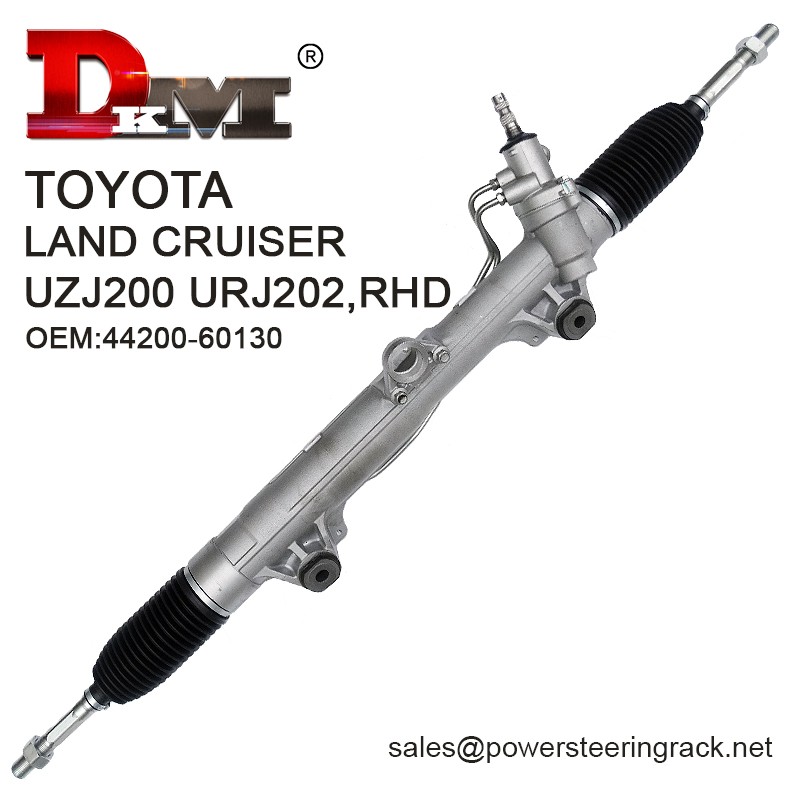
What are the disadvantages of hydraulic power steering systems?
Although the hydraulic power steering system has many advantages, it also has some disadvantages that need to be considered when buying or maintaining a car.
Low fuel efficiency
A major disadvantage of the hydraulic power steering system is its negative impact on fuel efficiency. The hydraulic pump is directly driven by the engine, which means that even if the engine does not need steering assistance when running, it must provide power to keep the hydraulic pump running. This leads to additional fuel consumption, especially when cruising at high speeds, the hydraulic system has a lower power assistance demand, but it still consumes a certain amount of fuel.
Large size and increased weight
The hydraulic power steering system has many components, including hydraulic pumps, hydraulic oil tanks, pipes, and hydraulic oil. These components not only occupy the interior space of the vehicle, but also increase the weight of the entire vehicle. This is a disadvantage for models that need to pursue lightweight design.
Complex maintenance and many vulnerable parts
Although the hydraulic power steering system has high stability, its maintenance is relatively complex. The hydraulic oil in the system needs to be replaced regularly, otherwise it may cause wear and tear on the hydraulic pump and pipeline. In addition, there are many vulnerable parts in the hydraulic system, such as seals, hydraulic oil pipes, etc. Once these parts are aged or damaged, they may cause hydraulic oil leakage, thereby affecting the normal operation of the system.
The control feel is not as good as mechanical steering
Although the hydraulic steering system provides power assistance, the driver's perception of road feedback will be weakened compared to the traditional mechanical steering system. This may not be conducive to the driver's precise control of the vehicle under certain driving conditions, especially in sports driving that requires delicate control.
Loud noise
The hydraulic pump will produce a certain amount of noise when working, especially when driving at low speed or steering. This noise may affect the quietness of the car, especially for those car owners who pursue a quiet driving experience, it is a big problem.
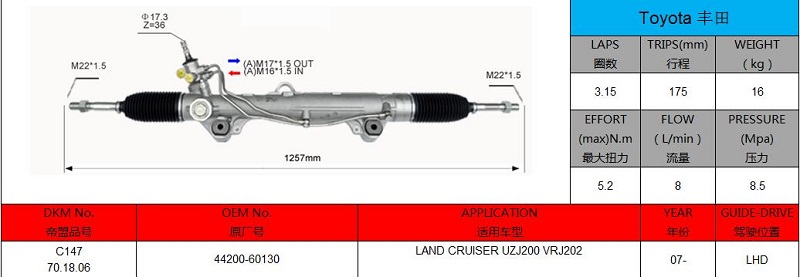
Is the hydraulic steering system worth it?
After understanding the advantages and disadvantages of the hydraulic power steering system, the ultimate question is: Is the hydraulic steering system worth it?
Suitable for specific use environments
Hydraulic power steering systems are very suitable for urban driving environments that require frequent low-speed driving, parking or reversing. In these cases, the powerful assistance provided by the hydraulic system can greatly improve driving comfort and convenience. For some car owners who do not pursue extreme fuel economy and have low requirements for vehicle weight, hydraulic steering systems are still a very cost-effective choice.
Users with low requirements for fuel economy
For car owners who do not particularly care about fuel economy, the increase in fuel consumption caused by hydraulic power steering systems may not be a decisive factor. Especially in the case of limited budget, choosing a car model with a hydraulic power steering system can not only enjoy good steering assistance, but also avoid the additional costs of expensive electronic steering systems.
Reliability and maintenance
After years of development, the hydraulic power steering system has high reliability and mature technical support. Although it requires regular maintenance, its overall maintenance cost is still lower than some advanced electronic steering systems. For those car owners who have high requirements for reliability and can accept certain maintenance work, the hydraulic power steering system is still a trustworthy choice.
Balanced Driving Feel
If you prefer a lighter steering feel and are not particularly concerned about the intensity of road feedback, hydraulic power steering may be more suitable for you. Its stable power delivery can provide a more comfortable driving experience, especially on long drives or a smooth daily commute.
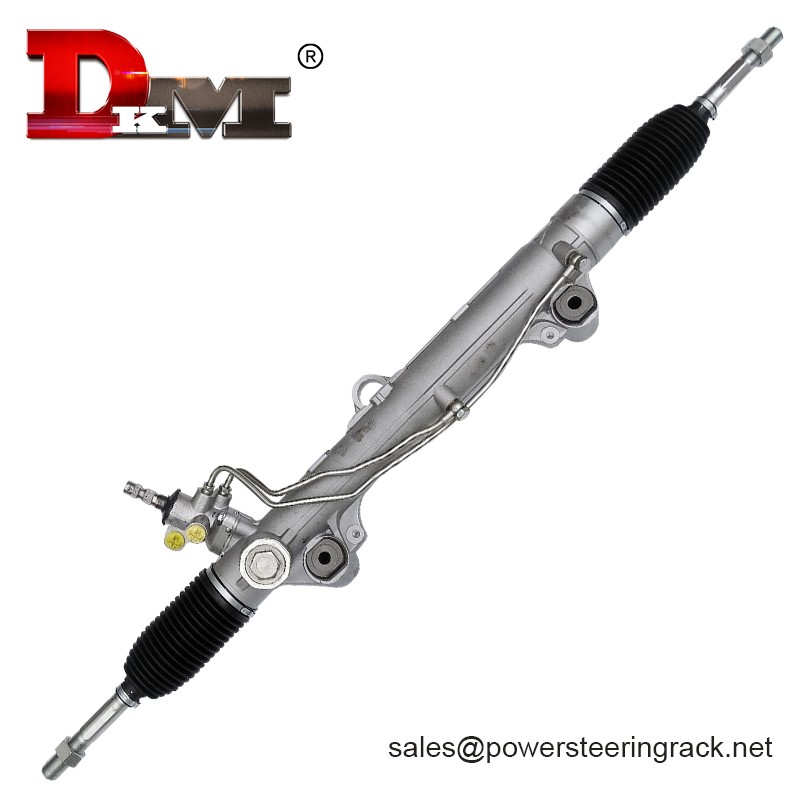
For buyers in need of dependable and high-quality power steering systems, DKM offers unmatched value and expertise. Our products, manufactured in a 20,000-square-meter facility in Foshan, China, include gear rack steering systems compatible with popular brands like Honda, Hyundai, Toyota, and Mitsubishi. With a robust production capacity of 300,000 units per year and advanced CNC equipment, we ensure precision and reliability in every product. DKM’s solutions are designed to support global markets, including the USA, Italy, Southeast Asia, and the Middle East. We provide competitive factory prices, wholesale options, and customized designs tailored to meet your needs. Contact us now to request a quote and take advantage of our exclusive promotional offers on bulk orders.

